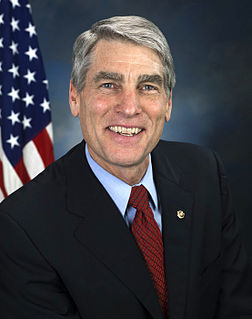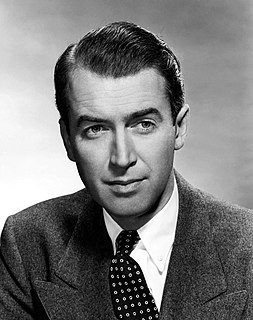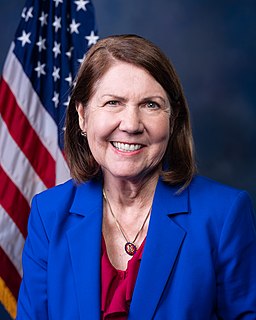A Quote by Jasmine Guinness
While farmers' markets are booming in cities, actual rural market towns are in decline.
Related Quotes
Like its agriculture, Africa's markets are highly under-capitalized and inefficient. We know from our work around the continent that transaction costs of reaching the market, and the risks of transacting in rural, agriculture markets, are extremely high. In fact, only one third of agricultural output produced in Africa even reaches the market.
We have food deserts in our cities. We know that the distance you live from a supplier of fresh produce is one of the best predictors of your health. And in the inner city, people don't have grocery stores. So we have to figure out a way of getting supermarkets and farmers markets into the inner cities.
The EPA's [Clean Power Plan] is another example of Washington's lack of understanding when it comes to rural and Western energy issues. I oppose this new rule because it hurts my district, which has four coal-fired plants that power Arizona's big cities, small towns, businesses and residences. These plants also provide good-paying jobs in our tribal and rural regions.








































